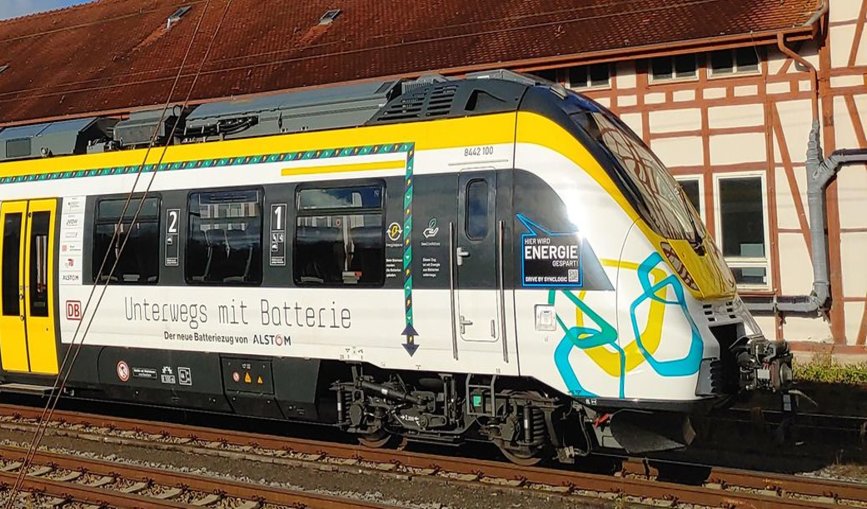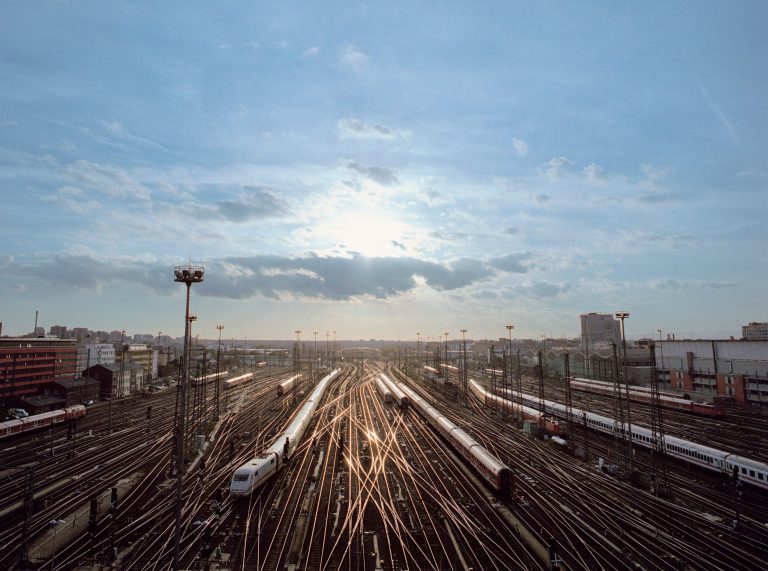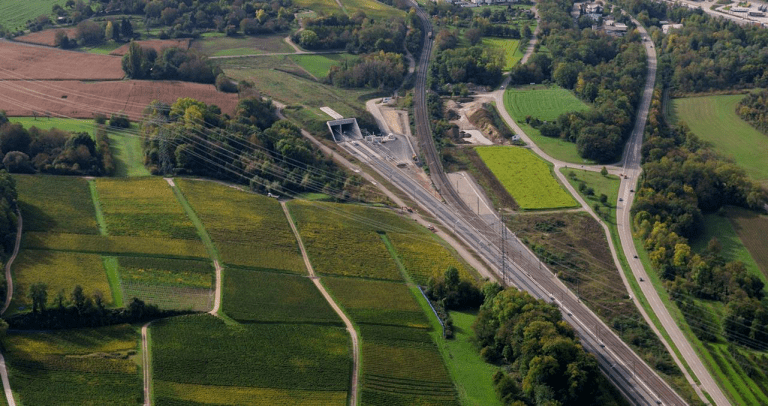Deutsche Bahn, together with Alstom, and in collaboration with the states of Baden-Württemberg and Bavaria, is now opening a new chapter in climate-friendly rail operations. At its regional transport subsidiary DB Regio, the company is testing the Battery Electric Multiple Unit (BEMU), Alstom’s first fully approved battery train in passenger service.

Deutsche Bahn, together with Alstom, and in collaboration with the states of Baden-Württemberg and Bavaria, is now opening a new chapter in climate-friendly rail operations. At its regional transport subsidiary DB Regio, the company is testing the Battery Electric Multiple Unit (BEMU), Alstom’s first fully approved battery train in passenger service.
Since January 24, 2022, the train has been running in passenger services for rail customers in Baden-Württemberg and is set to enter service in Bavaria from February 5. Test runs are scheduled up to the beginning of May 2022. On weekdays, the train will run in Baden-Württemberg on the Stuttgart–Horb line. On Saturdays and Sundays, it will serve the Pleinfeld–Gunzenhausen line in the Franconian Lake District. On the one hand, this will enable the train to achieve the highest possible mileage, and on the other hand, various route profiles, as well as different battery charging scenarios, can be tested. In Baden-Württemberg, charging will take place while the train is running. In Bavaria, on the other hand, charging is only possible at the electrified destination and departure stations as the route in-between is not electrified.
Battery train as an alternative to diesel
Since 2016, Alstom has been working on the development of the battery-electric train together with TU Berlin, supported by the National Organisation Hydrogen and Fuel Cell Technology and with funding from Germany’s Ministry of Transport and digital Infrastructure.
While Alstom’s hydrogen trains are optimized for long-distance routes, the company’s battery multiple units are suitable for short lines or routes with non-electrified sections that were previously served by diesel vehicles. Direct connections between electrified and non-electrified network sections can now run with zero emissions and without the need for additional electrification, further reducing travel time between urban and rural areas.
Contact
DB Engineering & Consulting
EUREF-Campus 14
10829 Berlin
Germany





